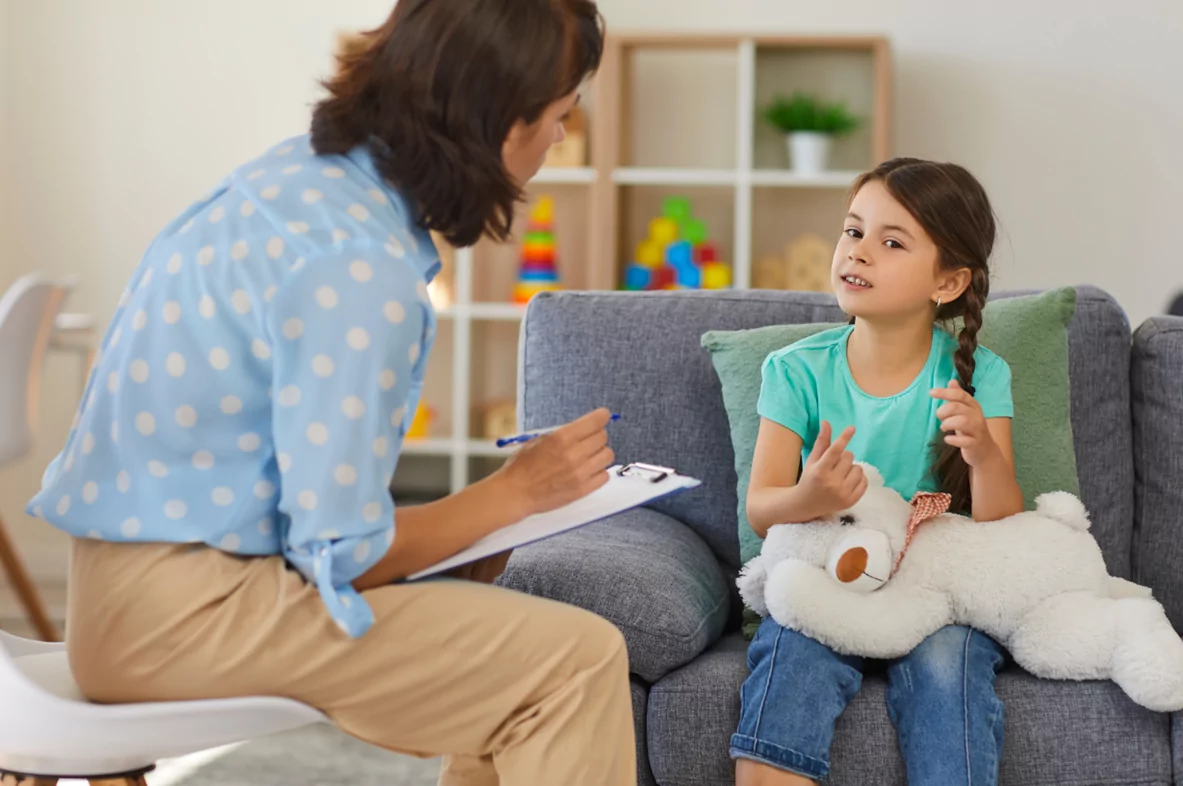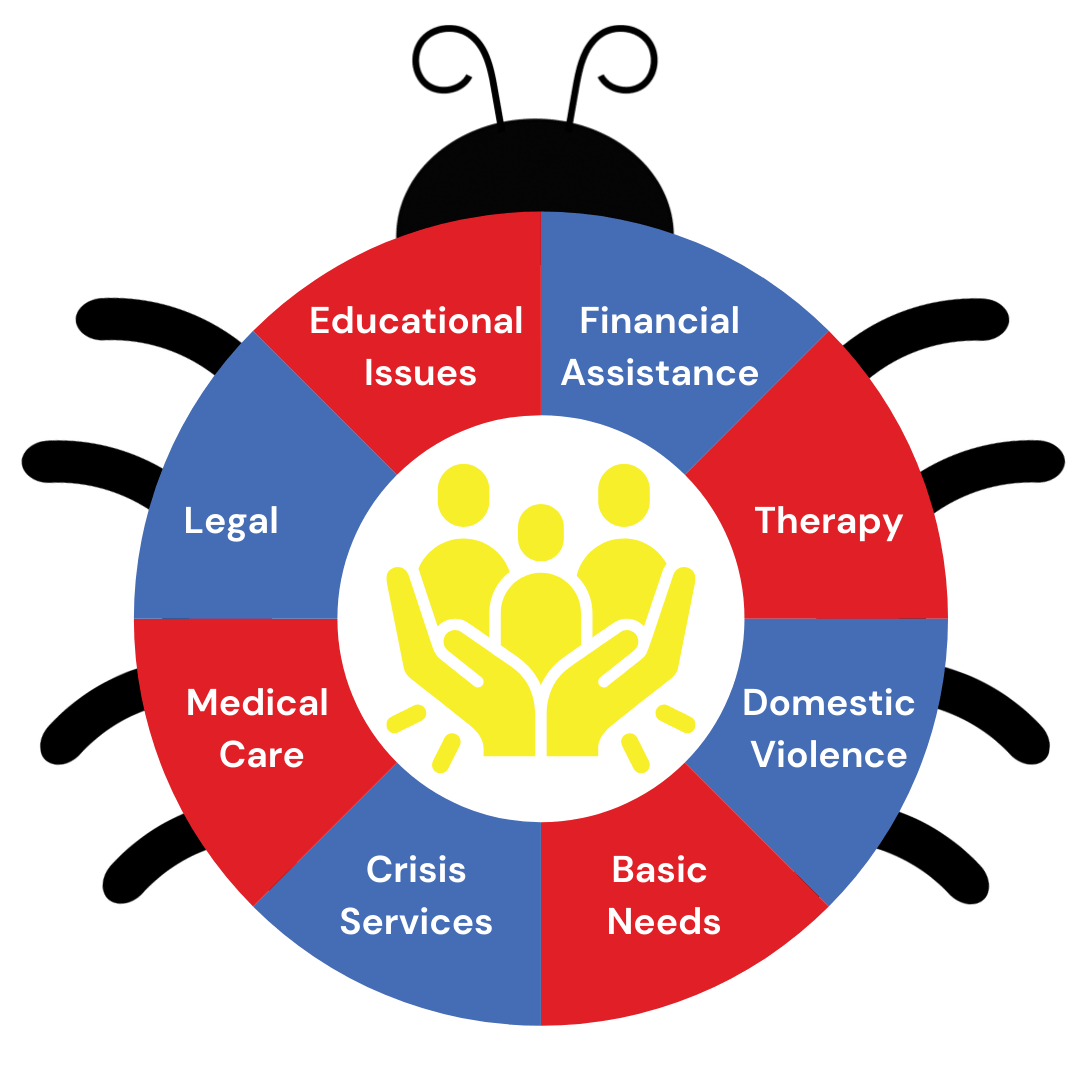Forensic Interviews and Victim Advocacy
Forensic Interviews
Forensic interviews provide children with a safe place to speak about their experience to experts who will listen to them, protect them and help them heal. It is a fact-finding conversation to collect evidence of possible abuse. A forensic interview discovers the child’s reality about their experience. Prior to Baton Rouge Children Advocacy Center, children relived the trauma of abuse repeatedly by having to detail the abuse to police, medical professionals, child protection specialists and others separately.

Now, our forensic interviews minimize trauma by ensuring that the child is able to provide the account in their own words and only has to detail the abuse to one adult. The interview is recorded in order to reduce the need for the child to relive the trauma by repeating the information to multiple agencies. These recorded interviews are one of the most effective and reliable ways to present the findings to the investigative team and to the court.
Forensic interviewers are specially trained to ask child victims a series of unbiased, non-leading questions to elicit information about the abuse in an age – and developmentally-appropriate manner. During the interview, the child and the interviewer meet one-on-one. Our partners observe the interview through a closed circuit monitoring system, so they can collect evidence for their investigations.
Victim Support Advocate Program
Victim Support Advocates listen and provide child victims and their families with support throughout the process. One important role of an advocate is to wade through all available information and resources to provide appropriate service referrals and crisis intervention.
The single most important factor affecting the child’s recovery is the level of support from the non-offending caregiver(s).
The Victim Support Advocate Program is essential in ensuring children and caregivers receive comprehensive and effective services. Our Advocates provides ongoing guidance to children and non-offending caregivers facing multi-level trauma of child abuse. The Advocate conducts a needs assessment and connects families to support services such as:

The Victim Support Advocate will provide ongoing support, assistance understanding notifications, and education throughout the investigative and prosecutorial phases to children and non-offending caregivers classified as victim/witnesses in criminal court cases.
